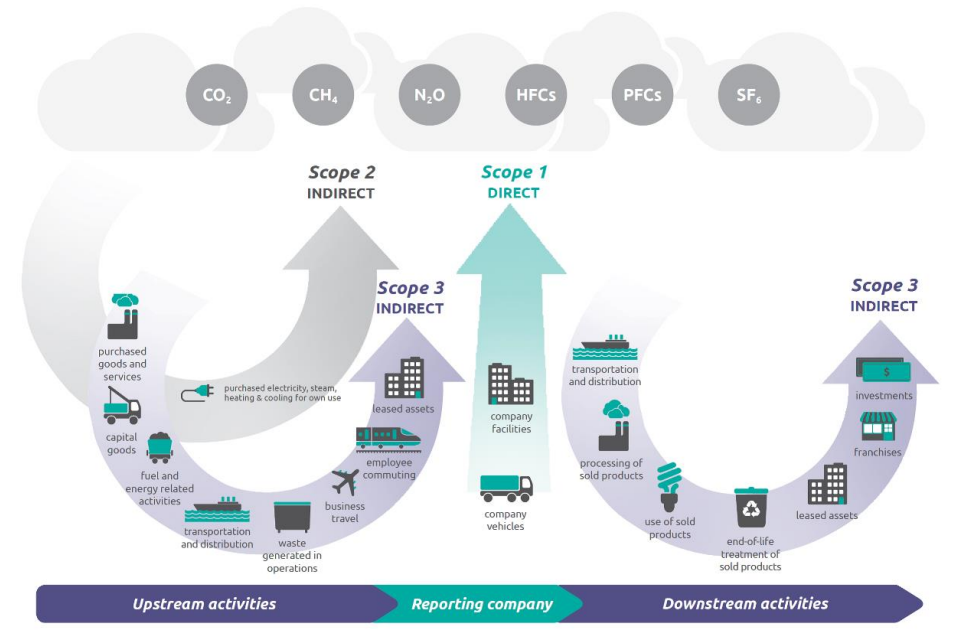OPC’s Environmental, Social, and Governance (ESG) policy outlines our measured environmental impact, social outreach, and governance strategy. We understand the material risk posed by the impact of every changing climate change on the environment and thus have sought to support clients through the energy transition. It has been a pleasure to work on a number of these projects including ‘Carbon Capture and Storage’ and greenhouse gas inventorying.
We will continue to invest in strategically aligning OPC’s business interests with the demands of the market by supporting our clients to decarbonise their operations and improve their outlook by accurately disclosing their environmental performance and measuring climate related risk.
We understand that as an industry we must successfully minimise our environmental impact and make disclosures that demonstrate to stakeholders that we are actively managing a wider range of risks. Environmental impact is no longer an optional requirement in our industry, it is now critical for the license to operate oil and gas assets and as such a business’s environmental, social and governance strategy should take core prerogative in all company decision making.
Whilst this initial ESG policy is limited in scope, in the future OPC may consider adopting a petroleum industry recognised standard of disclosure such as TCFD to align our reporting procedures to that of the industry where appropriate.




